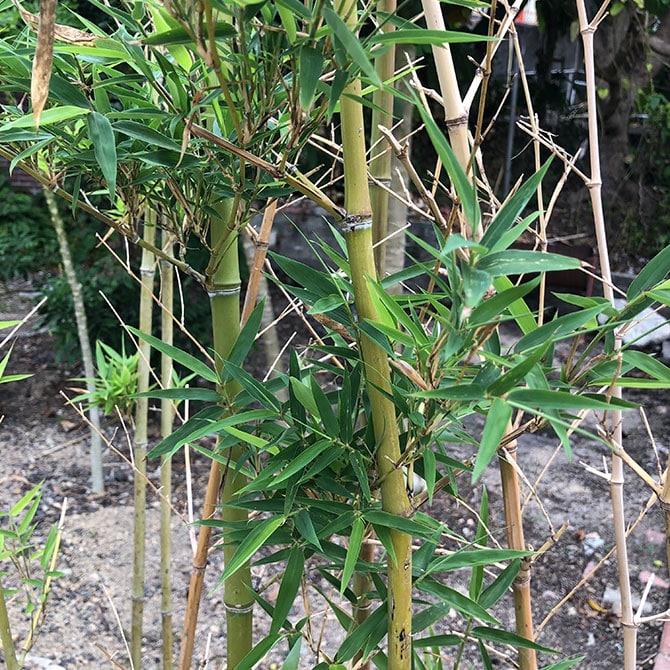{{item.title}}
{{item.text}}

{{item.text}}
The health of our oceans is continuing to deteriorate. Plastic now makes up 80% of all marine pollution and by 2050, plastic will likely outweigh all fish in the sea.¹ The World Wildlife Foundation (WWF) states that at least 11 million tonnes of plastic enter the world’s oceans every year, equivalent to the contents of one garbage truck being dumped into the sea every minute. Of this 11 million tonnes, an average of 15,000 tonnes of marine refuse is collected by the Hong Kong SAR Government per year.² Hong Kong’s marine ecosystem is under threat like many others around the world and consequently as a source of nutrition and livelihoods, humans too. With waters that are home to almost 6,000 species, representing over 25% of China’s marine biodiversity while still accounting for less than 0.03% of the country’s coastline, it is crucial to ensure the preservation and health of this biodiversity.³
PwC China has collaborated with ‘A Plastic Ocean Foundation’ on the first bamboo afforestation initiative - Project Prosperity - in Hong Kong SAR, sponsored by the PricewaterhouseCoopers Foundation. This initiative aims to conserve the ocean by preventing pollution through the rehabilitation of abandoned and water-adjacent farmland at Ha Pak Nai, on the northwestern coast of Hong Kong SAR. At the same time, it initiates a circular economy by planting native species of bamboo, and creates green job opportunities for the underemployed young adult workforce in the village.
This project is a locally relevant initiative to empower the climate vulnerable community by encouraging social and environmental participation. By bringing a younger generation to work with veteran farmers who are familiar with this area and can contribute indigenous knowledge they have accumulated through decades of rural life, together they can make a huge difference to the environment.
PwC China was approached in 2022 by A Plastic Ocean Foundation (APOF) in the lead up to World Oceans Day to help support a nature-based solution called ‘Project Prosperity’ aimed at ocean conservation and rehabilitation of abandoned and water-adjacent farmland in Hong Kong SAR.
The project is now running on a pilot basis with two planting sites prepared, planting completed and promising growth underway. The conservation area is called Ha Pak Nai and is an important biodiversity hot spot, home to one of the largest seagrass beds (4 hectares) in Hong Kong SAR. As well as being home to many different species, the biodiverse area plays an important role as a nursery and feeding ground for the horseshoe crab which is currently under environmental threat. The environment of Ha Pak Nai is being impacted by pollution, soil erosion and contamination caused by onshore human activities entering into nearby waterways and making their way into mudflats and the ocean. Another cause of damage in the area is abandoned farm operations that have also led to erosion and neglected contaminants leaking into streams and the sea.
Through this project, APOF’s aim is to not only conserve and rehabilitate the marine ecosystem with the planting of bamboo but also work together with the local communities to educate and establish new intergenerational knowledge and a sustainable income for local coastal farmers.
The projects aim is to:
So why bamboo? Bamboo’s phytoremediation* characteristic (which refers to the bamboo’s ability to clean up contaminants in the soil and reducing the concentrations of toxins) can help to remove elemental pollutants⁴. It can form a natural barrier to stop plastic waste originating on the land from sweeping into the sea, and can be farmed to produce bio-based products for manufacturing. Bamboo therefore provides environmental, economic and social value that supports climate resilience and adaptation. The bamboo species being planted for this project, Moso bamboo, has been chosen for its versatility and adaptability, growing speed, lifespan and its regenerative characteristic that allows the plant to grow back from its original root system – making it less likely to cause soil erosion after harvesting.⁵
Bamboo also has the ability to act as a carbon sink and in one study, it was estimated that a one hectare plantation of bamboo can store 306 tonnes of carbon over a 60 year period compared with 178 tonnes for Chinese fir trees.
*Phytoremediation refers to a plant-based approach to cleaning up contaminants in the soil and reducing the concentration of toxins by absorption through the plant's root system.
Since the project was launched in June 2022 and phase 1 completed, the project has:
PwC China is proud to be a part of this project and help support the team at APOF.
¹UNESCO Ocean Literacy website.
²WWF Hong Kong website, Jan 2023. Marine Litter.
³National Geographic website. P. Kay, November 8, 2021. How Hong Kong protects its sea sanctuaries.
⁴James Kiprotich Mulama, Sanewu Isaac Fundi, Oswald Gwaya, Kenneth Chelule Effectiveness of Bamboo (Phyllostachys pubescens) and Papyrus (Papyrus cyperus) in uptake of Heavy Metals from Soil Contaminated with Petroleum Sludge, American Journal of Environmental Engineering, 2020; 10(3): 51-58 doi:10.5923/j.ajee.20201003.01
⁵ A Plastic Ocean Foundation (APOF) Press Release. June, 2023. A Plastic Ocean Foundation Announces the First Bamboo Afforestation Initiative “Project Prosperity” in Hong Kong.
⁶Yannick Kuehl, Giles Henley and Lou Yiping The Climate Change Challenge and Bamboo: Mitigation and Adaptation
{{item.text}}

{{item.text}}
